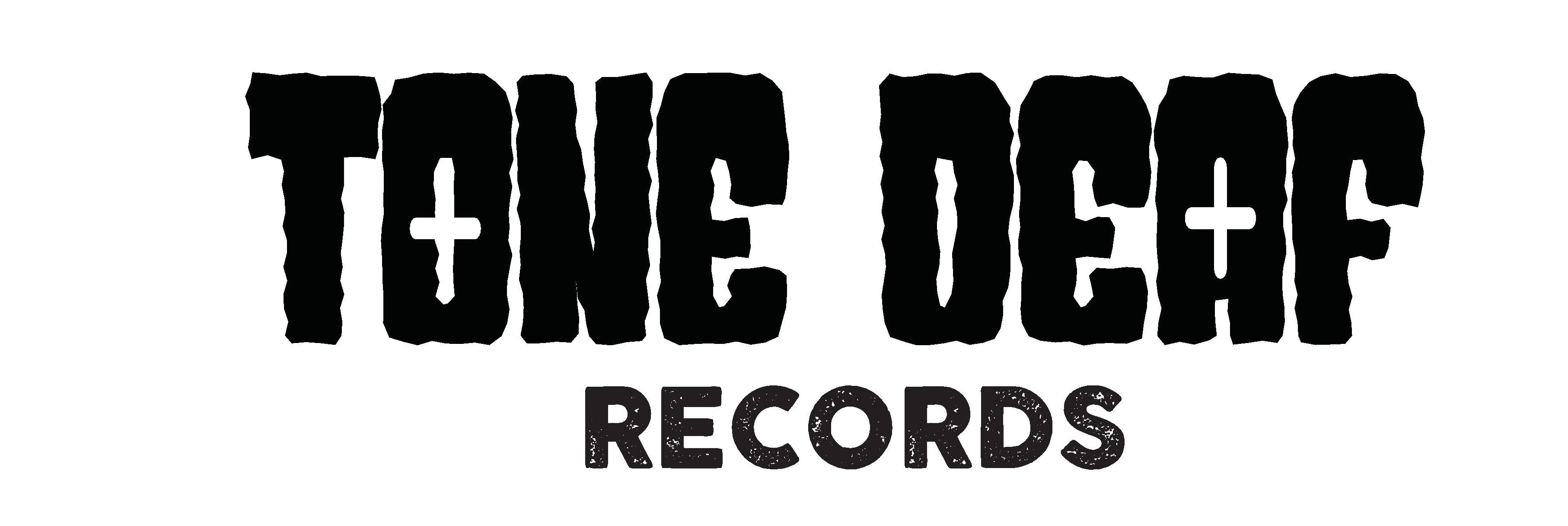
Tone Deaf Records
New - Normal Brain - Lady Maid - LP
$27.00
/
Shipping calculated at checkout.
Pickup available at Shop Address
Usually ready in 1 hour
Wewantsounds continues their Ryuichi Sakamoto reissue series with the release of the 1985 album Esperanto, composed for a performance by New York avant-garde choreographer Molissa Fenley. Produced and performed by Sakamoto with contribution by Arto Lindsay and Japanese percussionist Yas-Kaz, Esperanto is a fascinating instrumental work mixing electronica, ambient and synth pop. Released in Japan in 1985 on Midi Inc.s' School label, the album has never been released outside of Japan until now. Esperanto originally came out in 1985 and was Ryuichi Sakamoto's sixth solo album. Coming after his stint with the influential Yellow Magic Orchestra, and also the worldwide success of Sakamoto's 1984 soundtrack for the film Merry Christmas Mr. Lawrence (in which he starred alongside David Bowie), Esperanto was a return to Sakamoto's leftfield roots. Composed as the soundtrack to a performance by New York choreographer Molissa Fenley (a show commissioned by Japanese producer Shozo Tsurumoto), the album was masterminded by Sakamoto with the help of the cutting-edge electronic technology of the time (the only external contributions are by Arto Lindsay on guitar and Japanese composer Yas-Kaz on percussion). Indeed, the album is a fascinating soundscape experimenting with the new sampler technology -- which, according to Ryuichi Sakamoto from a conversation with journalist Andy Beta mentioned in the liner notes, needed a computer that was huge at the time. Esperanto is composed of eight tracks displaying a varied mix of influences. "A Wongga Dance Song" is pulsating with rhythms while "A Rain Song" adopts a minimalist mode with its distinctive repetitive pattern. "Dolphins" and "A Carved Stone" are captivating ambient pieces showcasing Sakamoto's talent for setting beautiful abstract melodic ornaments over atmospheric tones. One of the highlights of the album is "Adelic Penguins", a fascinating proto techno piece with a funky twist stretching over six minutes which echoes the electro funk of 1981's album Hidari Ude No Yume (WWSCD 033CD/WWSLP 033LP/WWSLP 034LP). "Ulu Watu", a collage-like piece featuring bird motives and a tropical soundscape closes the album with an experimental note. It's interesting to note that, a year later, the tracks from Esperanto would be turned into an experimental video project by New York visual artists Kit Fitzgerald and Nam June Paik collaborator Paul Garrin. A unique album in Ryuichi Sakamoto's rich discography, Esperanto is a groundbreaking work worth rediscovering in its full glory. Original artwork; includes two-page insert with a new introduction by journalist Andy Beta. Audio remastered in Tokyo by Seigen Ono.
